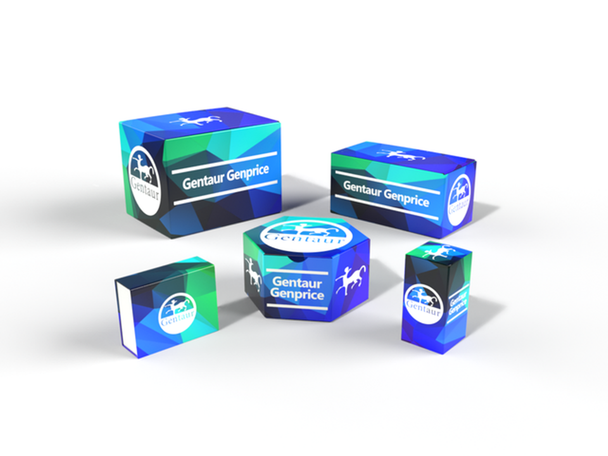Description
PITPNB polyclonal Antibody | BS5858 | Gentaur UK, US & Europe Distribution
Host: Rabbit
Reactivity: Human,Mouse,Rat
Application: WB
Application Range: WB: 1:500~1:1000
Background: The lipid binding proteins known as phosphatidylinositol transfer proteins (PITP) facilitate the formation of phosphatidylinositol derived second messenger molecules, which are related to the phospholipase C and phosphoinositide 3-kinase pathways. PITP are ubiquitously expressed proteins that transfer phosphatidylinositol (PI) and phosphatidylcholine (PC) between membranes enriched in PI or PC to membranes that are deficient in PI or PC. PITP mobilizes PI from the endoplasmic recticulum and regulates the release of PI from stored vesicles in the Golgi network. In mammalian cells, three smaller forms of soluble PITP are present, designated PITPα, PITPβ and retinal degeneration B (rdgB) beta. PITPβ is a 271 amino acid protein that is widely expressed in various tissues. Though required for Golgi targeting, constitutive phosphorylation of Ser-262 has no effect on phospholipid transfer activity. There are two isoforms of PITPβ that are produced as a result of alternative splicing events.
Storage & Stability: Store at 4°C short term. Aliquot and store at -20°C long term. Avoid freeze-thaw cycles.
Specificity: PITPNB polyclonal Antibody detects endogenous levels of PITPNB protein.
Molecular Weight: ~ 32 kDa
Note: For research use only, not for use in diagnostic procedure.
Alternative Names: Phosphatidylinositol transfer protein beta isoform; PI-TP-beta; PtdIns transfer protein beta; PtdInsTP beta; PITPβ; PI-TPβ; PI-TP-β
Immunogen: Synthetic peptide, corresponding to amino acids 226-271 of Human PITPNB.
Conjugate: Unconjugated
Modification: Unmodification
Purification & Purity: The Antibody was affinity-purified from rabbit antiserum by affinity-chromatography using epitope-specific immunogen and the purity is > 95% (by SDS-PAGE) .
Pathway:






